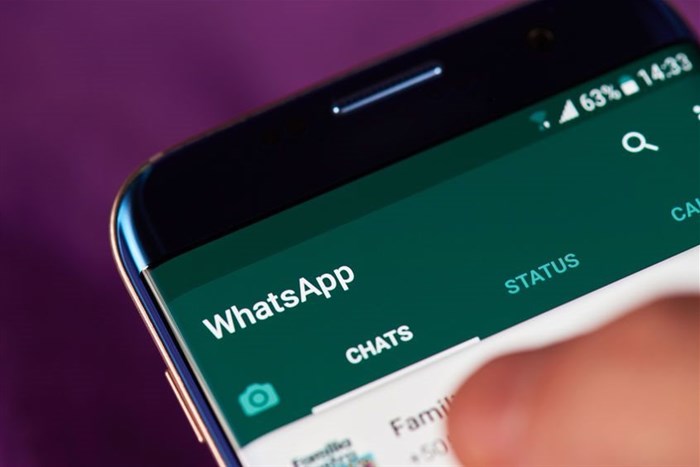WhatsApp's new privacy policy update has drawn so much attention from the media. Many different views have been expressed and some are accurate and others not so accurate.
Be that as it may, I think some people have been misinformed. Or rather do not understand how the new privacy policies will work.
WhatsApp is asking users to accept that from 8 February - now postponed to 15 May - the platform will start sharing 'some' personal data with their holding company, Facebook.
This means that your phone number and locations shall be shared with Facebook. However, they reiterated that they'll and have never shared your conversation - private messages - with any third parties.
You may remember the Netflix documentary about the Cambridge Analytic saga, which shows how the internet landscape isn't what we as ordinary people think it is.
There is too much data about our personal life which is all over the internet. Hence some people are concerned about personal data and privacy, and what these data are used for. In the age of digital communication, there is no privacy none whatsoever. If you are concerned about your privacy you have to stay completely out of the internet and digital communication platforms.
Be realistic
For people who are saying they are migrating or migrated from WhatsApp to Telegram or Signal, you've got to be realistic. So, think about how are they going to sustain themselves in the long run. The online platform sits with a situation where they see a spike in the number of users and this, sometimes, doesn’t convert into profitability. Thus, they will have to find ways to become profitable for investors to continue backing them.
Every online platform when still in the startup stage has enough capacity to protect personal data. However, this becomes difficult once it reaches the stage where WhatsApp is right now. The bigger the number of users the more it becomes vulnerable to manipulation and data breach. Sometimes done purposefully and in other cases, it is not.
There are always loopholes
So, as you are moving, whichever platform of your choice, encryption or not, there are always loopholes. For example, as Zoom – the online video calling meeting platforms, became popular there were times when it was hacked and people’s data exposed on the internet.
What is end-to-end encryption? WhatsApp says the platform has end-to-end encryption meaning your online conversation and data are protected. To prove this, WhatsApp says if you want you can request a report to see whether your data has been shared with anyone without your permission. In a statement, WhatsApp released an FAQs section on its blog to dispel some rumours.
“We want to be clear that the policy update does not affect the privacy of your messages with friends or family in any way. Instead, this update includes changes related to messaging a business on WhatsApp, which is optional, and provides further transparency about how we collect and use data,” the statement reads.
We are faced with a quagmire
In conclusion, as users of online communications platforms, we are faced with a quagmire. We have to hold these big tech companies accountable for anything that we think is breaking the law or infringing our right to privacy.
Moreover, as long as these tech companies are monopolised there is nothing that we can do to stop the selling of personal data. In December 2020 when the US Federal Trade Commission filed an anti-trust lawsuit against Facebook claiming that its acquisition of WhatsApp and Instagram was monopolising and anti-competitive. And this places democracy at risk.
When is all said and done, at least this time around WhatsApp is transparent by letting you know what they are going to share your data with Facebook? If you decide to stop using WhatsApp you may as quit using Facebook.








































